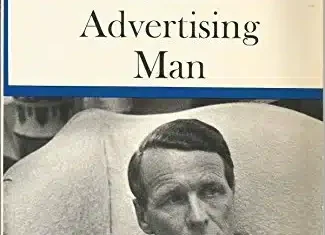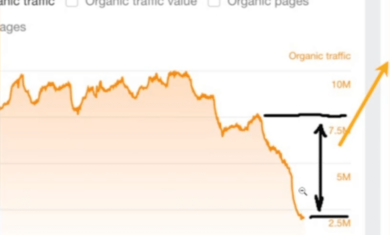Years ago, we had a few yards of dirt delivered to our house that needed to be moved uphill about 50 yards to the back of our property. I started moving it with a wheelbarrow, but we eventually broke down and hired someone with a Bobcat to move it for us.
- If I had continued to move it by hand, it would have taken all day (say 8 hours).
- The guy on the Bobcat had it done in 20 minutes.
Now, which of those efforts produced more value for us? They were exactly the same — the dirt ended up where it needed to go.
If I had continued on moving it manually, it would have taken way more effort but that has absolutely nothing to do with the value of the finished product.
Effort != Value
The same goes for your work. The amount of effort you put into it doesn’t necessarily reflect the value that you’ve created and rarely should your work be priced that way. Seth Godin recently put it this way in an episode of his podcast:
Adam Smith and David Ricardo argued that all value comes from labor, and the value of something is in the amount of labor it took to produce it. But Henry George understood that this is backward. The value of something lies in how much labor we’re willing to exchange for it.
Too often, we’re tempted to price things based on what they cost us to make. It’s more useful to price things based on what they’re worth to those that might want to buy them.
If an industry scales up enough (such as trash service or car repair), pricing will ultimately land at an effort+profit model simply due to competition. For your work, though, don’t feel it needs to be priced high simply because it took you a long time to create, but don’t undervalue something amazing if your skill allows you to build more quickly than others.




